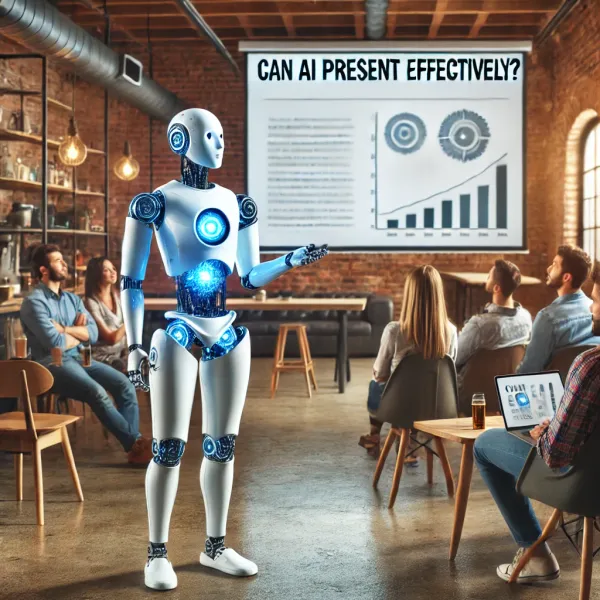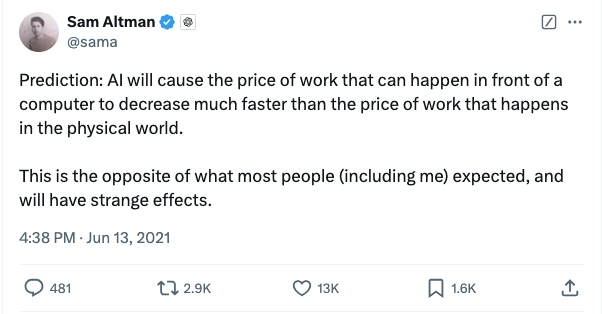What can GPT do for your business right now?

Type any common business question, or even request to generate whole new original documents into ChatGPT and it will give you a linguistically plausible, well structured, and maybe even accurate and useful response.
If you haven't played with it, you really should. Give it some questions from outside your own domain, for example ask it to write you a Privacy Policy for a Website if you aren't a lawyer or privacy expert. It is amazing right? more professional looking than some that you have seen on the websites of billion dollar companies. All that for $0 and a few seconds of your time. Your lawyers charged you $10,000 for something that looks actually more clumsy. This could really transform your business.
Before you get too carried away, type in an obscure, nuanced question that is within your domain of expertise. Ask it a few more. See a pattern? How far did you get before it gave you an answer which would have been disastrously wrong if applied in your everyday work?
ChatGPT has been trained on vast quantities of public knowledge scraped from the Internet, shaped and augmented by paid human beings to knock off the rough edges.
The reality is that when you give ChatGPT a question, it will give you an answer which is basically a composite of the median answers found on the HTML Internet and other public domain sources for that topic. Work has been done to improve this by weighting data to tune it towards authoritative answers for selected topics which is probably why it produces such prescient results for popular queries.
What this means is that if the thing you are trying to do has been done lots of times before and the results are in the public domain, then GPT will probably do a pretty good job of finding and replicating it for you. The really clever bit is that it probably won't be a straight copy of any of the other material out there, but will be a blended new answer. Arguably this is also a way of "AI washing" other people's work to create something which preserves the essential meaning of their content but in a way that is not word for word identical so doesn't breach any of their copyright. This is a developing area of law and technology, and there are opinions that there is substantial risk here of GPT users inadvertently crossing a threshold into infringement because it has regurgitated an identifiable portion of someone else's copyright work.
The bottom line for me is that if your business needs variations on something mundane that has been done lots of times before by other people, such that there are exemplars in it's training data, then it can be a handy way of producing at least mediocre copy. The game changer is that it can be done practically for free on miniscule amounts of staff time that tends to zero cost per transaction.
Unless you devote time to actually checking it's output, it can say things you wouldn't want. That may not matter in some environments. I am happy to predict for example that it will be used extensively to write micro targeted direct marketing and SEO copy. These are statistical volume games where there is no significant penalty to generating output that is occasionally plain wrong.
In other environments, for example where GPT could give "advice" that gets you sued for harming people, or breaching objective business rules and codes with real penalties then it will need an awful lot of manual, or automated 2nd system supervision.
That's the summary for me; if your business model relies on generating large quantities of diverse but unoriginal communications, and you are paying humans to do this right now then it could be transformational in terms of both quality and cost. It will allow you to bring the quality of that communication up to the average or above, and drop the cost to near zero.
It isn't at this time going to replace people doing original, novel, or legally critical work. At best it could very well augment their output by providing baseline ideas or additional boilerplate, but you won't be able to get away from having qualified humans check, fix, inject originality and take responsibility for the final output.
Of course if you have an established human process, churning out and storing quantities of precise data then you don't need a huge general large language model. Just use the corpus you have built to train your own model which is specific to your business. The model will be tiny (cheap to build and run), will never generate surprising output, and can be guaranteed not to infringe anyone else's IP if you have trained it on your own data.
Thoughts? Comment on the Mastodon or LinkedIn threads below...




